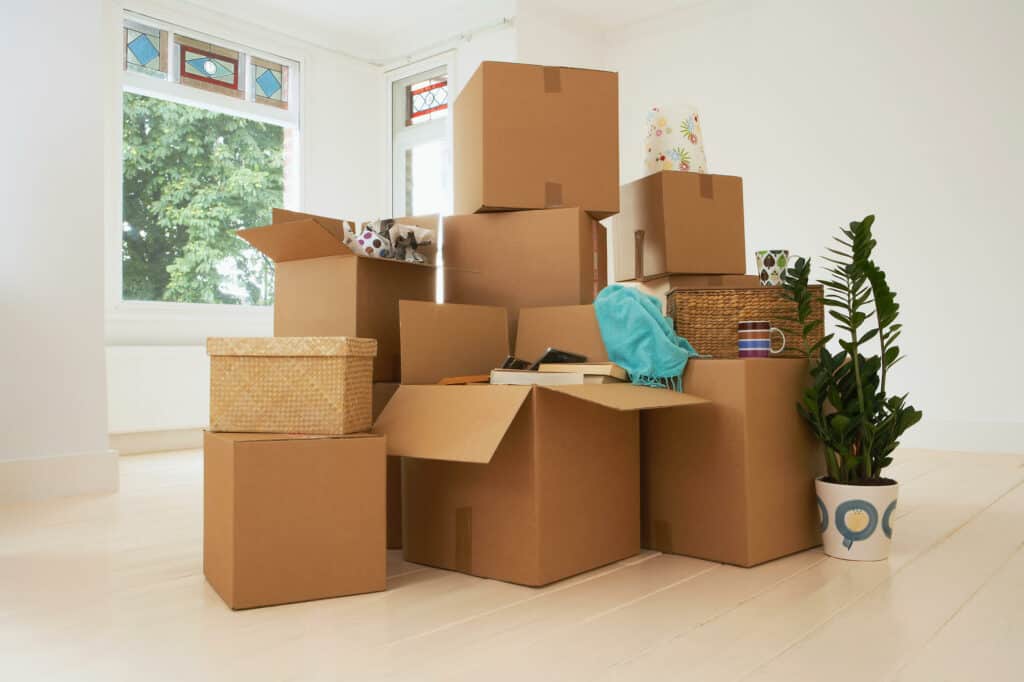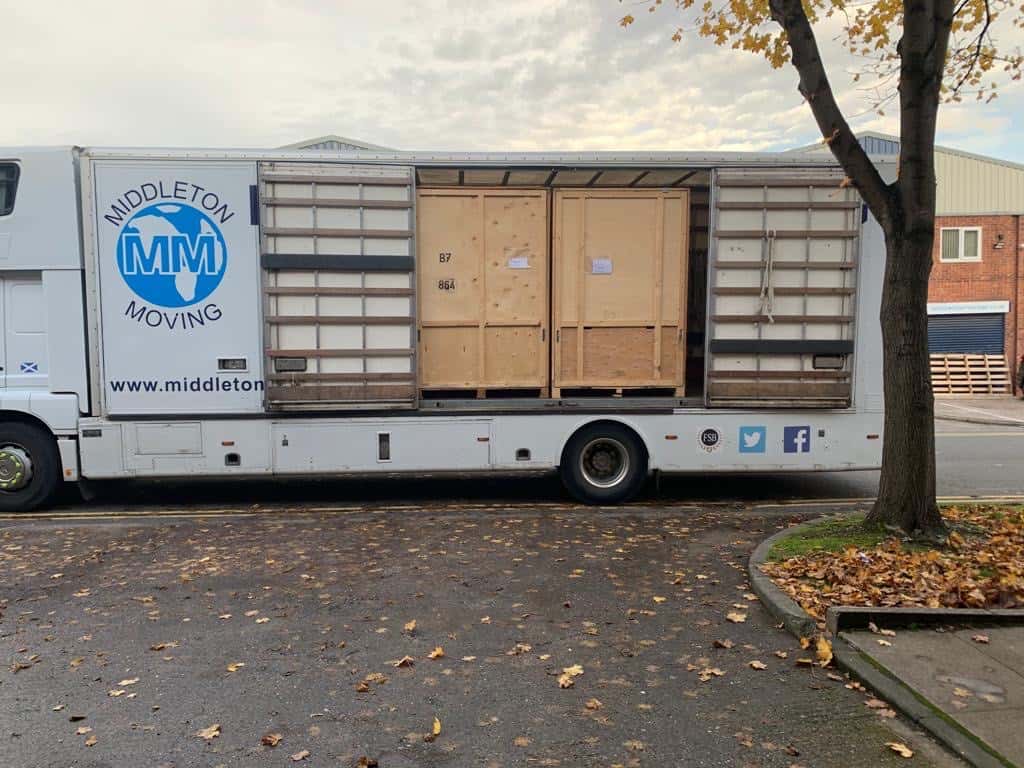Moving Home Checklist
Prepare for move day with our ultimate house move checklist
Moving homes can be stressful, with many things to remember and organise. To make sure you don’t overlook anything important, ensure that you’ve prepared a comprehensive checklist ahead of your house move. This will help reduce the stress and labour associated with moving – by having necessary items ready, so you don’t forget anything important. Our removal service can take care of the heavy lifting and unloading for you, but there’s still plenty to do before the big day. Create a list of all the tasks you need to tick off and ensure every detail is accounted for from start to finish!


Stage 1: Let everyone know you’re moving out.
When you’re planning to move, there are a few people you need to notify in advance and some that you can let know as you go out the door. This should include giving your notice (usually 30 days) to:
- Your gas and electric companies.
- The water company.
- Your phone and internet providers.
- Your landlord (if applicable). You may have already discussed this with your old landlord, but putting it in writing is always good practice.
Stage 2: You'll want to plan for your house move.
It’s important to get as much done before moving day as possible, as it will reduce the stress of the move, and let you enjoy the new home hassle-free.
- Book a post redirection with the Royal Mail.
- Change your addresses on subscription services.
- Remember to amend your address prior to moving on eBay, Amazon and your favourite food apps. There’s nothing worse than ordering those essentials, only to discover they are going to your old property.
- Inform the TV Licencing Authority of your move date. This does not automatically move with you, and you’ll lose anything you pay on your old property.
- Update your address with financial institutions, such as banks and building societies.
- Arrange new schools for any children, if you are moving to a new area.
- Notify your bank and any other financial institutions that need to be aware of your change of address.


Stage 3: Start packing!
Nothing beats a few days of good, old-fashioned packing before the big day. Order boxes and additional packaging materials including; bubble wrap, tape, labels and markers to help you get moving.
- Speak to your removal company about the best way to pack and transport your belongings safely. Most companies will have a lot of knowledge and experience in this area and can advise you on how to make sure everything is kept safe as it’s transported from A to B.
- Arrange for storage if you need additional space. Remember to label everything, so you know what’s what when unpacking and familiarising yourself with your new home!
- Pack non-essentials. You’ll need to keep your toiletries and day to day clothing handy, but books, DVDs, spare items and many other smaller items can be packed up and taken out of your way.
- Do a major clear out – moving home is an opportunity to sort and reduce unwanted items that have been sitting in the back of cupboards for years. If there is a lot, hire a skip, book a man and van service, or ask a charity if it would like the items. You can even list unwanted items on eBay and other marketplaces, if you want to make a little spare change.
Stage 4: Moving Day.
- Arrange final meter readings and submit these to your existing utility companies.
- Ensure that all keys have been handed back to the landlord or estate agent. If selling an existing property, you may arrange to hand over your keys as the new owners arrive, but if you plan to be long gone, ensure the estate agent has them.
- Renters should take pictures and videos of your old property, in case there are any discrepancies over deposits when leaving. Check and sign off on the inventory for your new home as you arrive and make sure everything is present and accounted for before signing.
- Check your insurance cover for goods in transit, and ensure your movers have appropriate cover for items in their care.
- If possible book a house clean for your new property, so you can start as fresh as possible.
- Register with local services. Change of address forms need to be submitted for many organisations, such as the DVLA, HMRC, doctors and dentist.
- You’ll also need to register with a new GP if necessary.
Moving is a hectic experience, and there are many steps to remember, but proper organisation and planning can make it a more satisfying process. Enjoy the adventure of moving into your new home!




